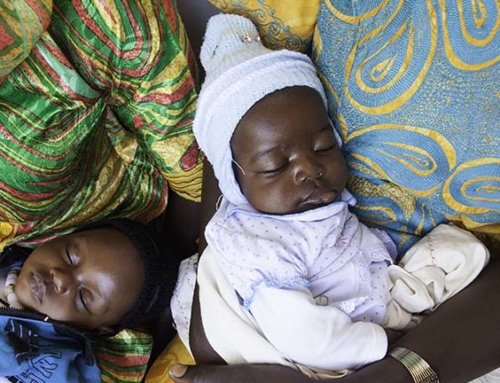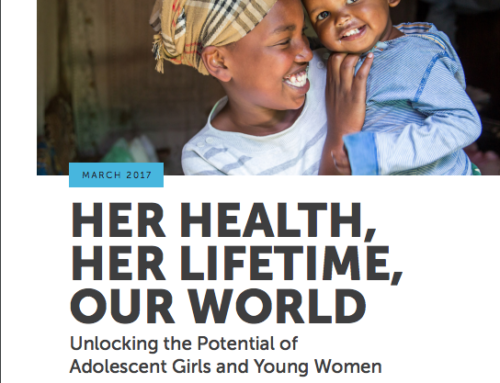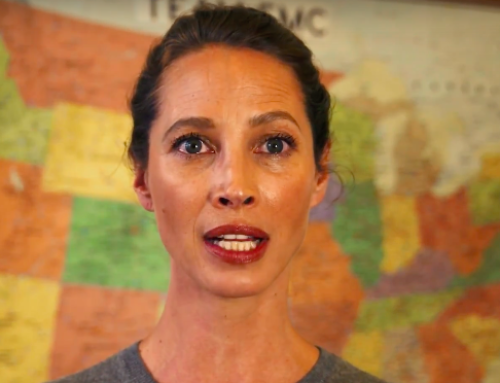With each passing week, the political unrest and repression in Ethiopia is attracting new levels of global attention: from Feyisa Lilesa’s protest sign at the Rio Olympics in August, to recent clashes in Oromia where hundreds of protesters were killed by security forces and hundreds more jailed, and now the government’s declaration of a sweeping state of emergency for the next six months.
There is little doubt that the inherent contradictions of Ethiopian rule—tight restrictions on human rights and governance while pursuing pro-poor policies—now threaten to derail its notable but fragile progress in women’s and children’s health. The current crisis also exposes the shortcomings of U.S. policy in Ethiopia; while providing substantial funding for health and development and maintaining close security ties, U.S. reluctance to hold its longtime ally accountable for its repressive tactics could put these investments at risk.
DOWNLOAD FULL REPORT, CLICK HERE.








